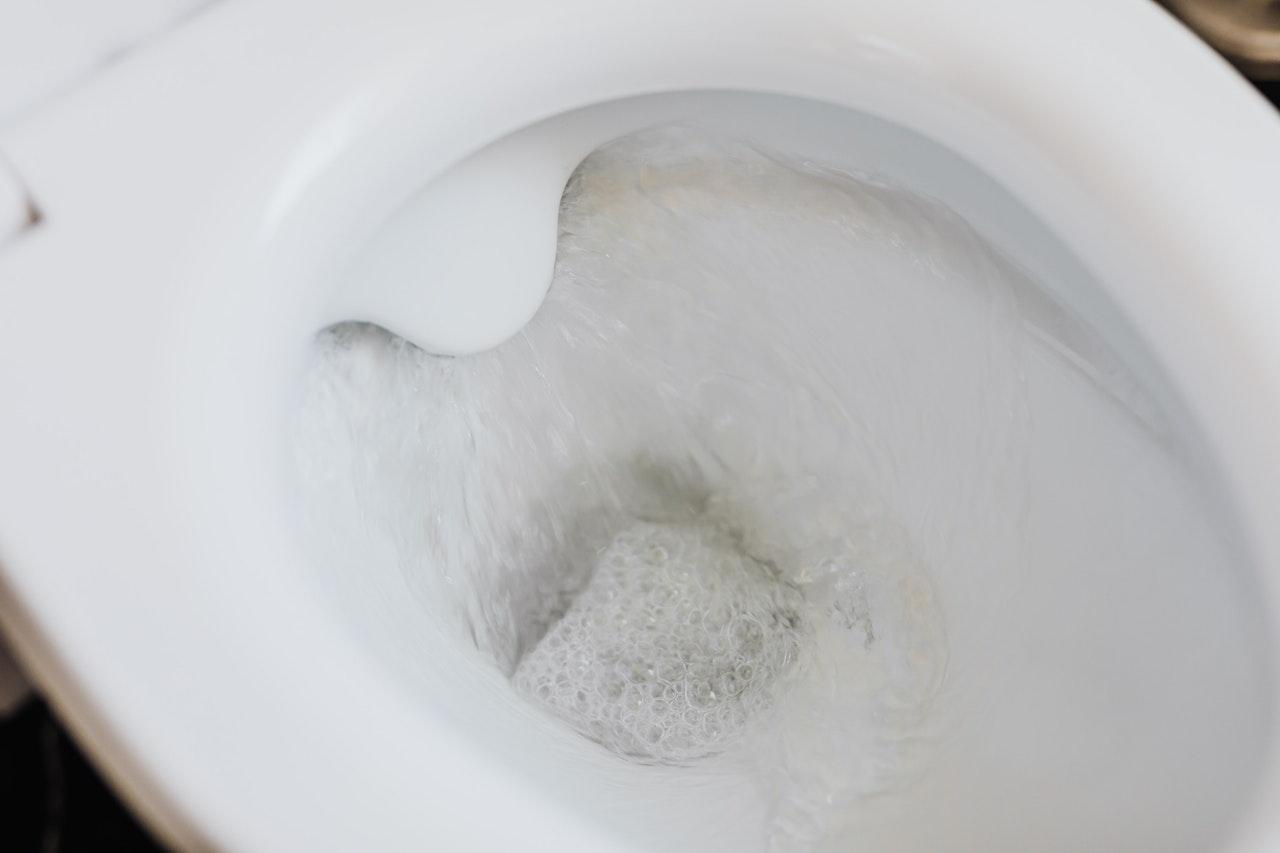South Korean toilet turns turds into honey money
Each person using the eco-friendly toilet earns 10 Ggool per bowel movement, recorded on their phone.
Going to the toilet for a #2 can pay for your coffee or buy you a banana at a university in South Korea, where human waste is being used to help power buildings.
Cho Jae-weon, an urban and environmental engineering professor at Ulsan National Institute of Science and Technology (UNIST), has designed an eco-friendly toilet that uses excrement to produce biogas and fertiliser, reports Reuters
The BeeVi toilet – a portmanteau of the words bee and vision – uses a vacuum pump to propel faeces into an underground tank, reducing water use.
In the tank, microorganisms break down the waste to methane, which becomes a source of energy for the building, powering gas stoves, hot-water boilers, and solid oxide fuel cells.
“If we think out of the box, faeces have precious value to make energy and manure. I have put this value into ecological circulation,” Cho said.
According to him, an average person defecates about 500g a day, which can be converted to 50 litres of methane gas, which in turn can generate 0.5kWh of electricity or be used to drive a car for about 1.2km.
Cho has also devised a virtual currency called Ggool, which means honey in Korean. Each person using the eco-friendly toilet earns 10 Ggool per bowel movement with a maximum daily limit.
Students can use their Ggool to buy goods on campus, from freshly brewed coffee to instant cup noodles, fruit, and books. The students can pick up the products they want at a shop and scan a QR code to pay with Ggool.
“I had only ever thought that faeces are dirty, but now it is a treasure of great value to me,” postgraduate student Heo Hui-jin said at the Ggool market. “I even talk about faeces during mealtimes to think about buying any book I want.”
The London Sun notes that with this invention, toilet technology seems to be outpacing the bog standard toilet paper most people still use and which also requires efficient disposal.
China is credited with inventing toilet paper long before it was adopted in the Western world. There is evidence that Chinese people were using paper for cleansing as early as 500AD, some 300 years after they started using paper for other purposes.
Packs of toilet paper with as many as 10,000 sheets, sometimes even perfumed, were available in China by the 13th century.
In the west, toilet paper was invented in the mid-1800s, around three hundred years after the mass production of paper for other purposes.
While some people in the 21st century are turning to alternatives to paper for ecological reasons, it seems most people still rely on rolls of bathroom tissue as evidenced by panicking shoppers pushing shopping carts overloaded with bumper packs stripped from supermarket shelves in the early days of the Covid-19 pandemic.
Subscribe to our newsletter
To be updated with all the latest news and analyses daily.
